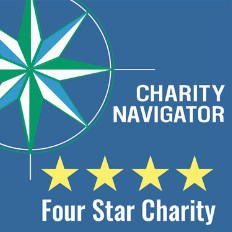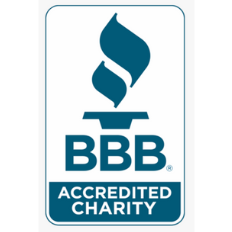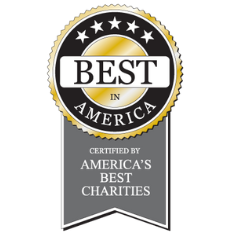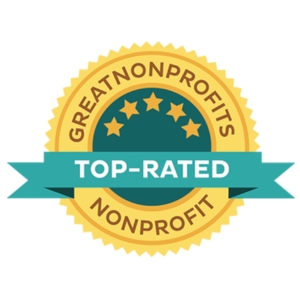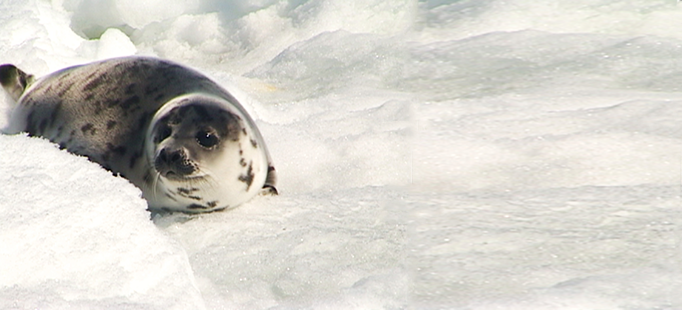
Canada's Bloody Seal Hunt
Each year, tens of thousands of harp seals are slaughtered in a massive commercial hunt on Canada's ice floes in the North Atlantic. The majority of seals killed in this government-subsidized massacre are babies between 12 days and 12-months-old. Sealers bludgeon the pups in the head with a club, called a hakapik, or shoot them with rifles off of fishing boats, then skin them on the spot. Rifles and hakapiks are imprecise and often injure the seals without killing them — many seals end up being skinned alive. Despite widespread global opposition, the Canadian government shows no sign of stopping this brutal practice.
Harp seal pups are killed for their fur, genitalia, and Omega 3 oils. The fur is used to make clothing, boots and garment trim, the genitals are used as an aphrodisiac in traditional Chinese medicine, and the oils are used as a supplement for human consumption. Hardly any seals killed in the hunt will be used for meat — sealers frequently dump seal carcasses into the water or leave them behind on the ice to rot in the sun.
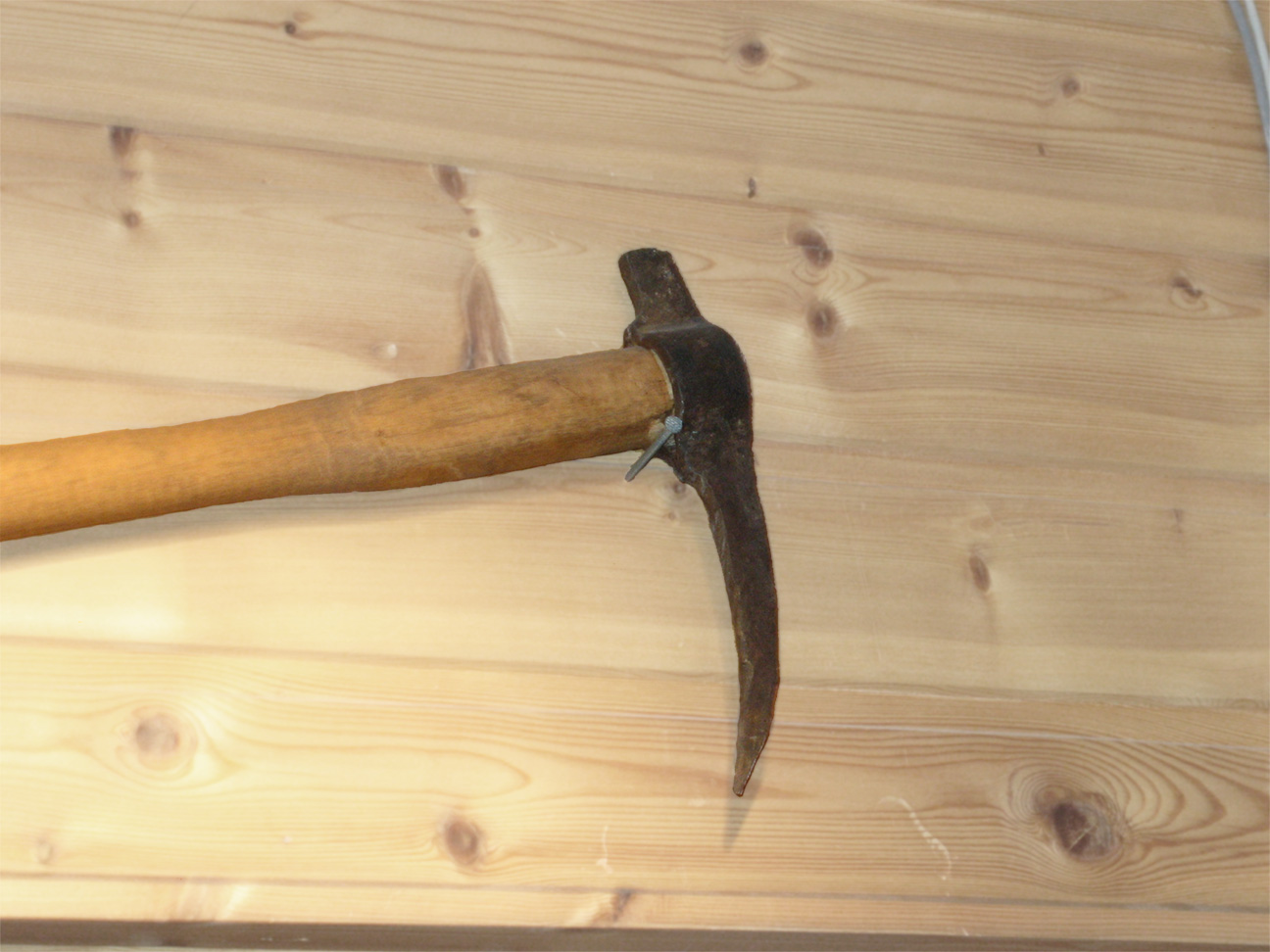 Hakapik Hakapik |
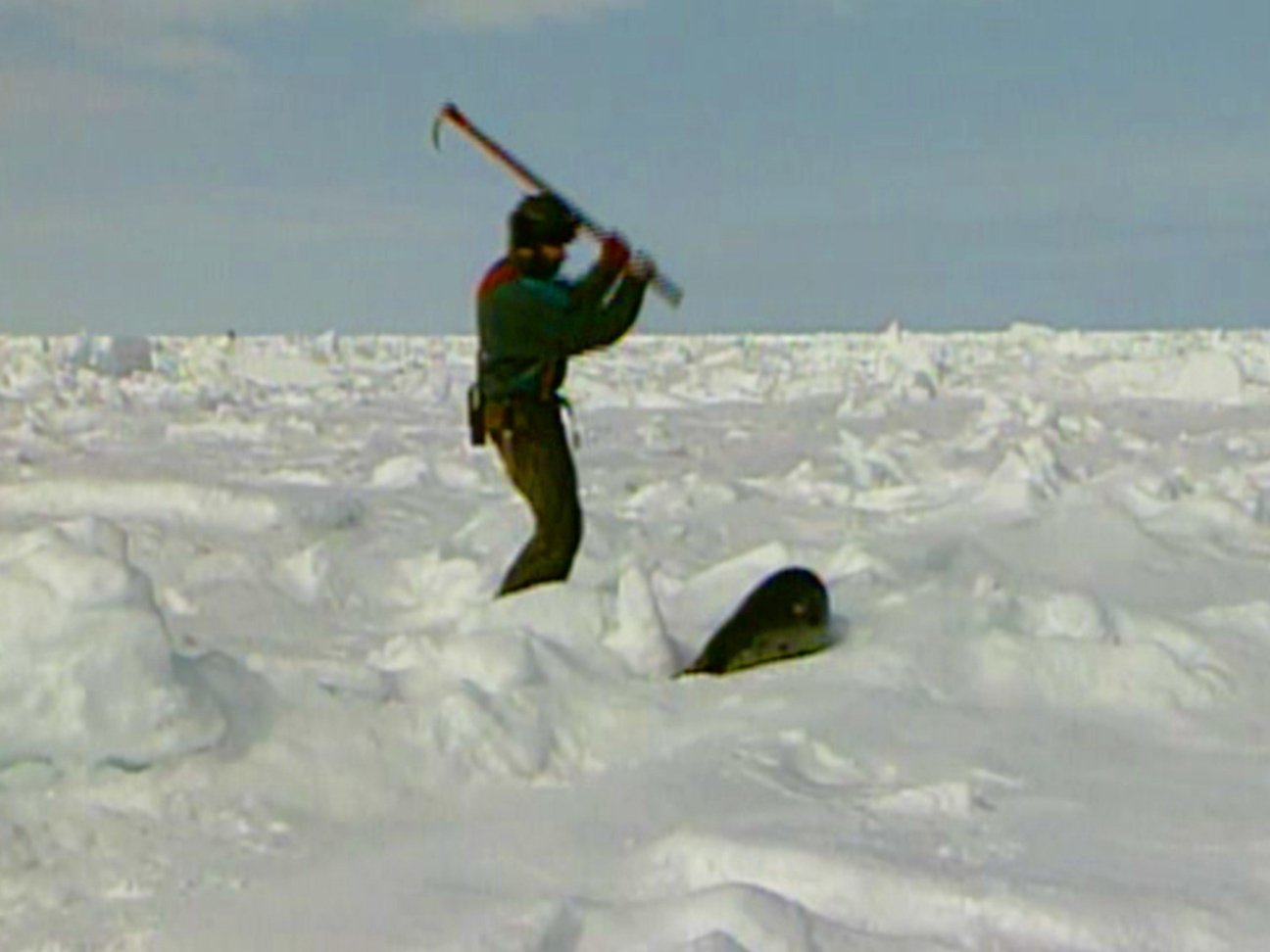 Sealer Striking a Seal with a Hakapik Sealer Striking a Seal with a Hakapik |
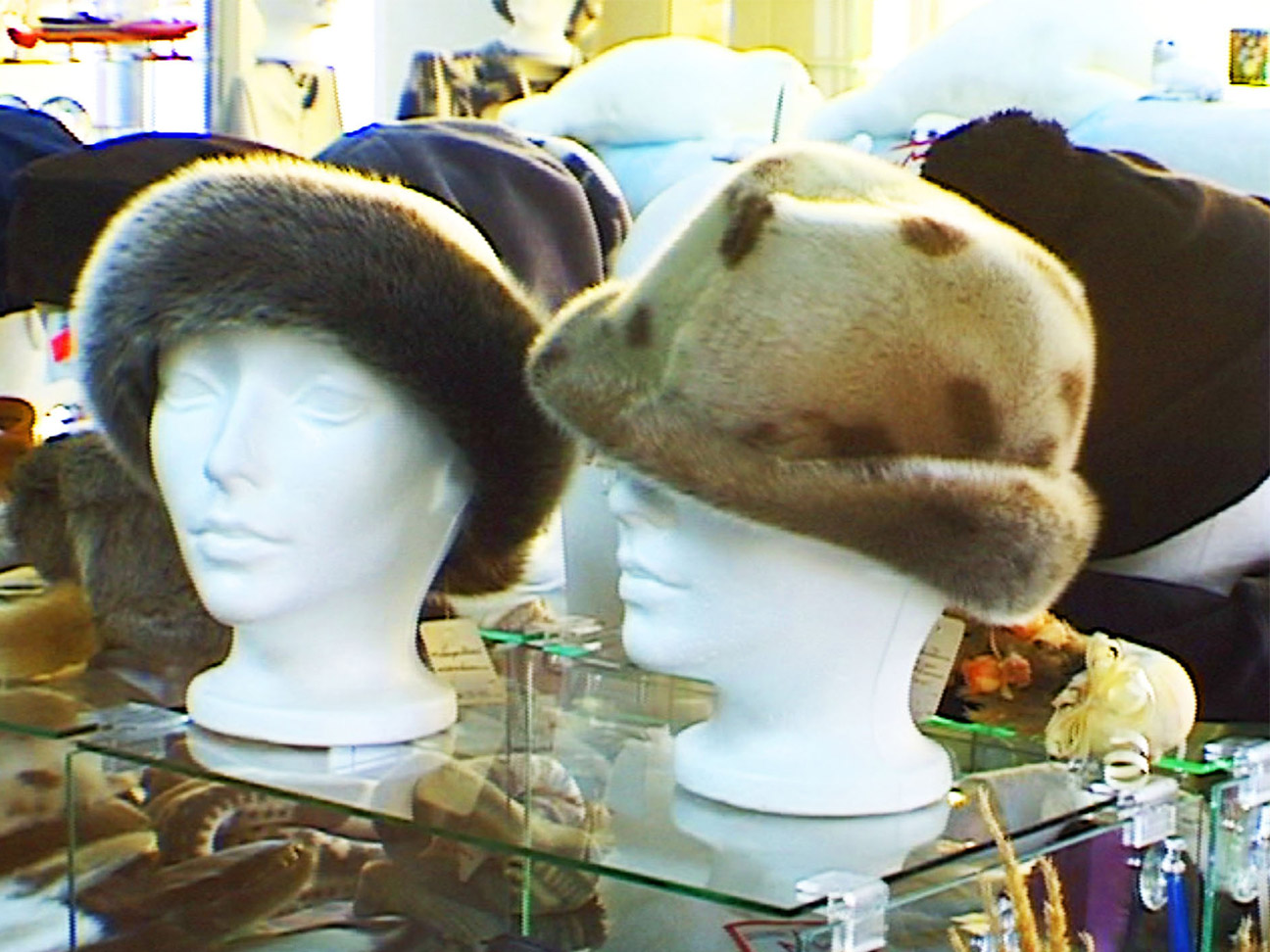 Seal Fur Hats Seal Fur Hats |
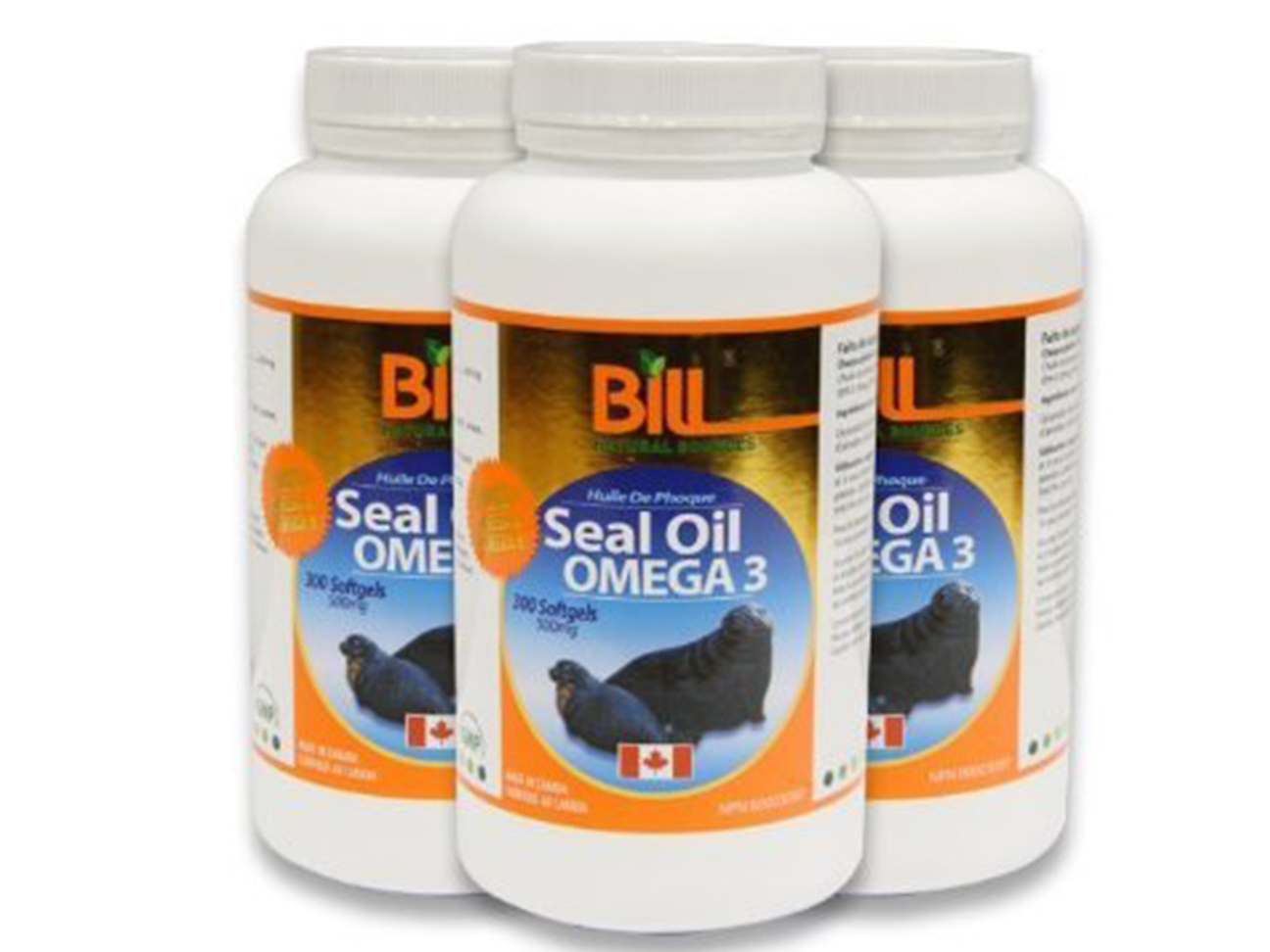 Seal Oil Supplements Seal Oil Supplements |
An Economic Disaster
Since 1971, the Canadian government has imposed a quota on the number of seals allowed to be “taken” (their way of saying "killed") in a given year. The lowest quota was 127,000 in 1972 — but sealers still managed to “take” more than 165,000 harp seals. The quota was raised the following year and continued to climb from 185,000 in 1995 to 400,000 in 2011 (where it remains today). During the 2004-2006 seasons, commercial Canadian sealers killed more than 1 million harp seals, the highest 3-year total on record. The Canadian government also keeps an official tally on the seals killed in a given year, but they do not count seals that were "struck and lost" — i.e. injured or killed but not claimed by sealers. The government estimates that seals injured or killed, but not accounted for in official tallies, come to roughly 5% of the official tally in a given year. Using that estimate, more than 17,000 seals would die uselessly each year in the commercial hunt at its mid-2000s peak.
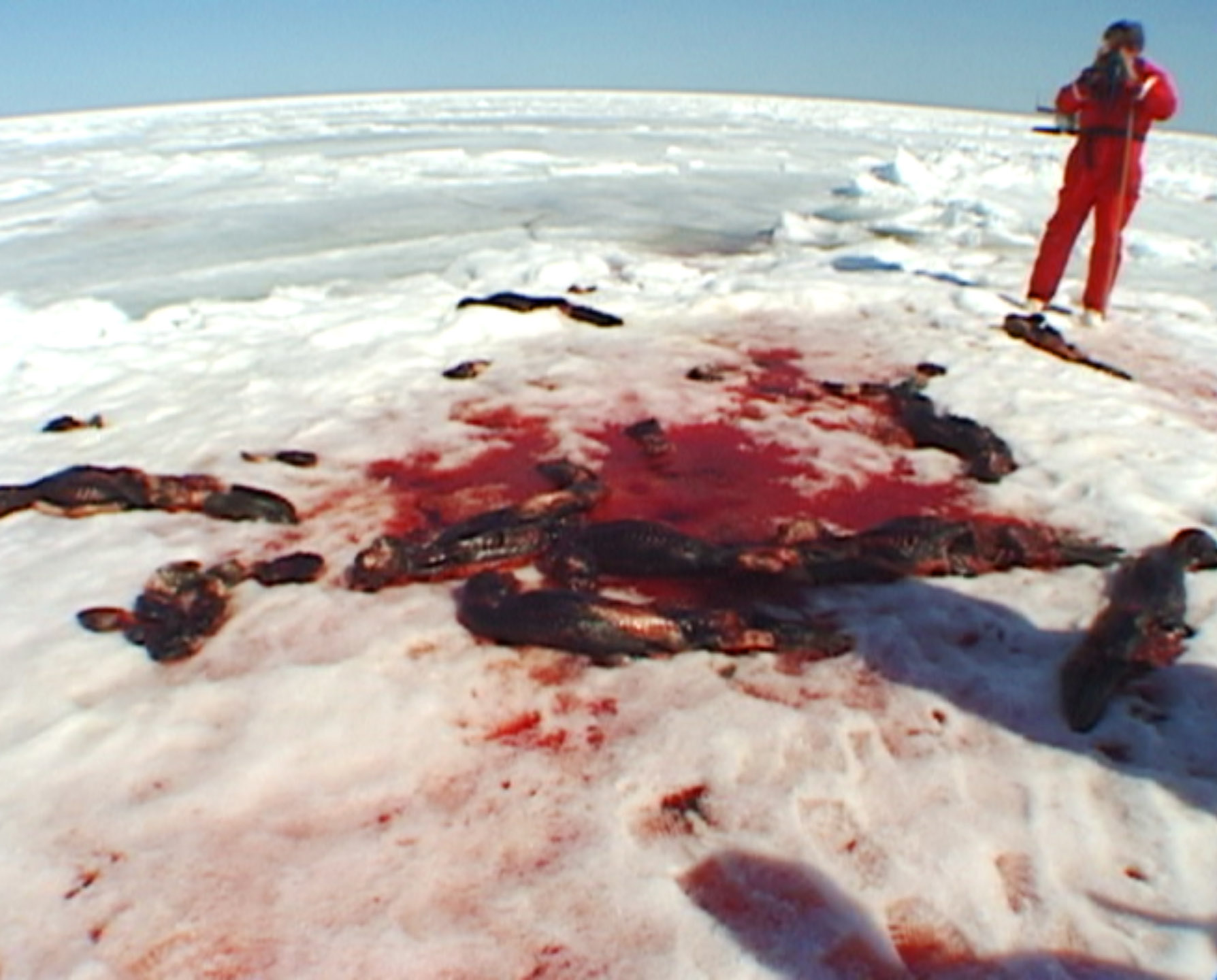 Seal Carcasses Left Behind by Sealers Seal Carcasses Left Behind by Sealers |
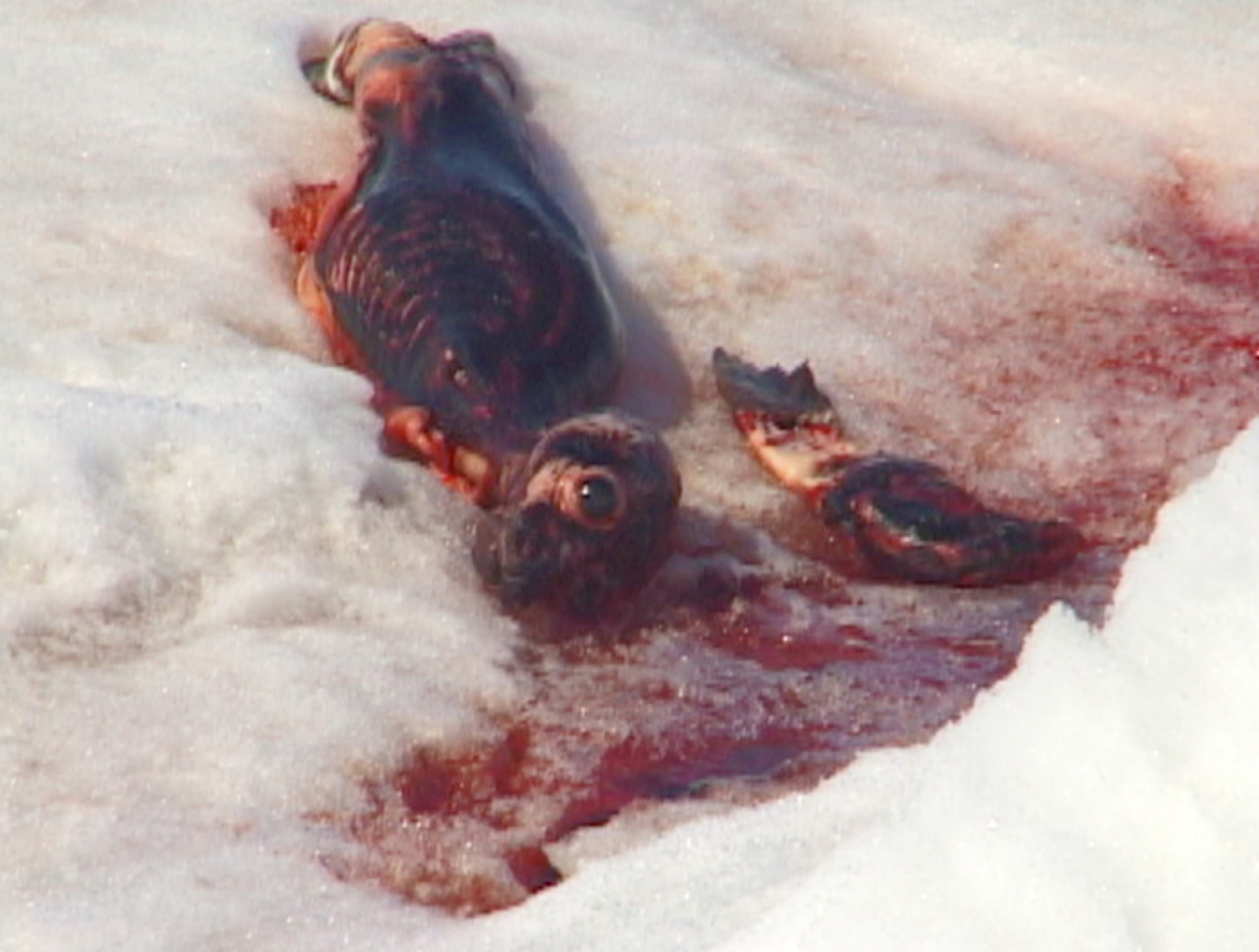 Skinned Seal Skinned Seal |
The number of seals taken in the last three years has fallen, however, thanks to the near-global ban on seal products. The United States, the European Union, Mexico, South Africa, Russia, Belarus, Kazakhstan, and Taiwan have all banned seal fur (though seal meat and supplements remain available in Taiwan and South Korea). Due to these restrictions, the seal hunt is no longer profitable. Still, the Canadian government continues to waste $2 million in Canadian tax dollars annually subsidizing the hunt.
Famous Canadians Speak Out Against the Seal Hunt
Prominent Canadians have long protested the seal hunt. In 2015, popular television hockey announcer Don Cherry (once named the 7th Greatest Canadian by the CBC) criticized co-host Ron MacLean for eating seal meat while on assignment in Newfoundland. Cherry quickly issued an apology when he was criticized for his comments — a surprising retraction given that Cherry is famous for his incendiary remarks.
In 2009, Canadian hockey player Georges Laraque wrote a letter to then-Prime Minister Stephen Harper asking for an end to the seal hunt. Laraque, wrote, “Please count me among the majority of Canadians who oppose the seal slaughter and are hoping for a permanent ban on this, the largest and most barbaric massacre of marine mammals on Earth.”
Other Canadians who have spoken out against seal hunt including actress Pamela Anderson, author Farley Mowat, and musician Sarah McLachlan. McLachlan called the industry “Perverse and sick. They club these seals as early as 12 days old, and half the time they hook them and they drag them across the ice. It’s archaic, and it’s horrible, and I want it to stop.”
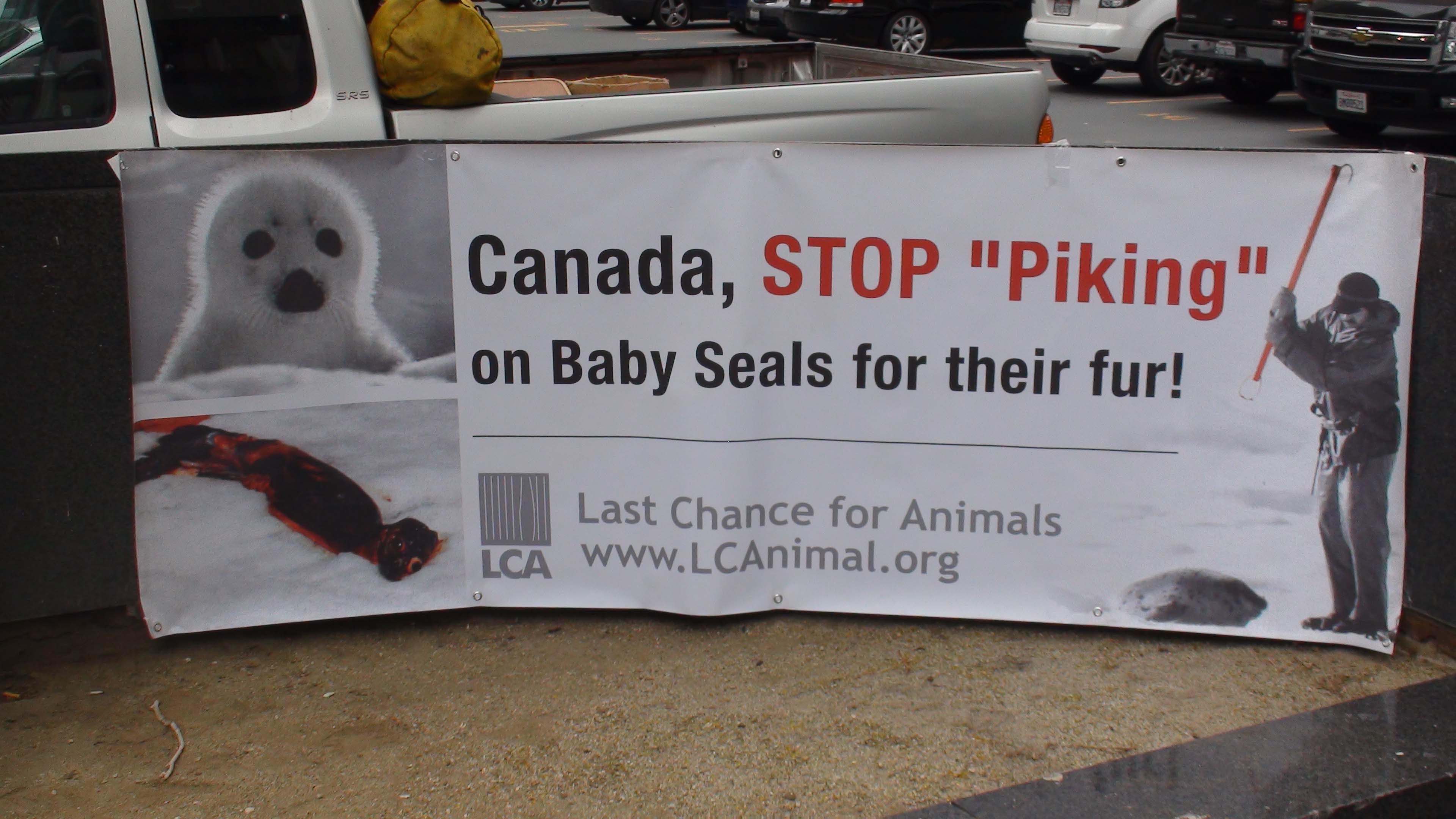
LCA protesting the Canadian seal hunt.
What You Can Do:
1. Contact Canadian Prime Minister Justin Trudeau and urge him to end the seal hunt.
3. Support LCA’s work fighting cruelty to animals by donating today.
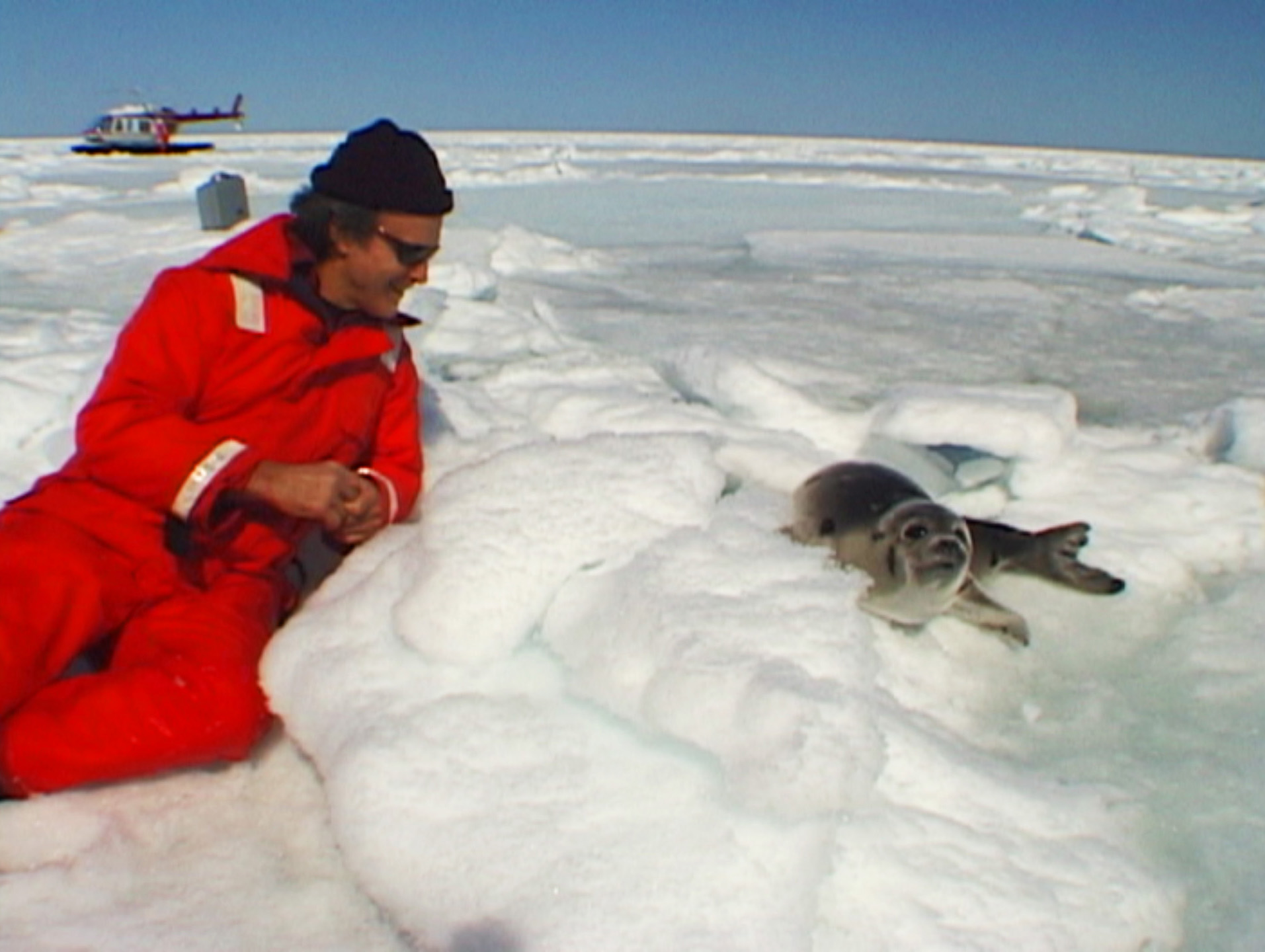
LCA Founder and President Chris DeRose meets a seal pup.
![]() Learn more about: Fur Trade Facts
Learn more about: Fur Trade Facts







